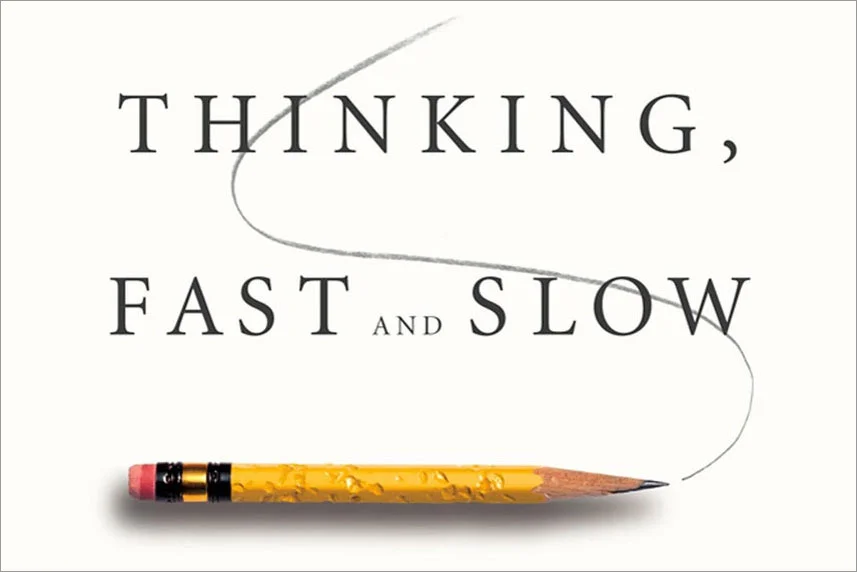“Tyrant” by Stephen Greenblatt
Tyrant: Shakespeare on Politics
By Stephen Greenblatt
2018
224 pages / 5 hours and 26 minutes
Nonfiction
—
Are any of my readers young enough to remember their high school senior English class? Where I went to school in Bentonville, Arkansas, senior English was dedicated to mostly British literature, which of course means Shakespeare. We had already read Romeo and Juliet at some earlier point in our high school careers, so in this course we got Macbeth and Hamlet. It was heady stuff and I had a great teacher and I was hooked. Well, sort of. While I was impressed (even entranced) I didn't feel like I could go out and read the rest of the plays by myself. After all, these are plays designed to be seen, not read. And there really wasn’t anywhere I could go to see good productions.
Fast forward to the present, and over the last 20 years I have seen a couple Shakespeare productions almost every year thanks to the local Shakespeare Festival and ACU’s theatre department. And I am hooked all over again. Shakespeare’s work is one of those things everyone knows they are supposed to like, but often it goes no further than that, which is a shame. So I shall valiantly try one more time to get you hooked on the bard.
My vehicle for this act of seduction is Stephen Greenblatt’s brilliant little book, Tyrant: Shakespeare on Politics. He is a Harvard professor and an acknowledged expert on Shakespeare.
As those who have read Shakespeare know, there are lots of kings, despots, tyrants, and occasionally good leaders who populate his plays. Greenblatt carefully analyzes these characters, attempting to distill the wisdom of Shakespeare on the question of tyranny. While Shakespeare’s comedies are often funny, the tragedies are insightful and sobering and remarkably prescient of a 19th, 20th, and 21st-century world that he could not possibly have imagined.
For those of you who are wondering whether this is a disguised Trump screed: as far as I remember, his name is never mentioned in the book. And long after he is gone, this wonderful little book will continue to hold up well and instruct us. Nevertheless, honesty requires that I report that Greenblatt loathes Trump.
I am not sure how helpful to readers a roll call will be, but Henry VI and Richard III are here, and the most gripping and ominous sections deal with King Lear. I want to make this loud and clear: you do not have to have read Shakespeare to enjoy this book. In fact, it is a great introduction to why Shakespeare matters. And it offers an excellent analysis of what makes tyranny possible.
In the words of Simon Callow, who reviewed the book for the New York Times:
Illuminating scene after scene, Greenblatt is especially fine on the mechanisms of tyranny, its ecology, so to speak, leaving one deeply moved all over again by Shakespeare's profound and direct understanding of what it is to be human — which includes, alas, being a tyrant.
Don’t just read this book because you think you should like Shakespeare. Read it because we need it right now. Really.








